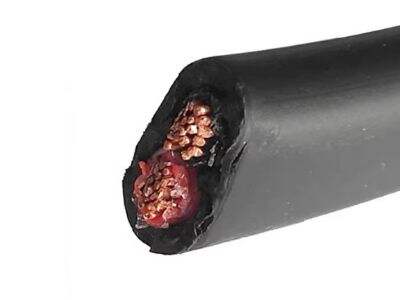Wire and cable play an important role in our lives. They are the "force" behind our home electronics, appliances and other every day devices. Did you even know there were different types of shielding in wire and cable? Shielding guards against interference and makes signals work better. Here are some popular forms of shielding, and how to determine which one you need.
What is Shielding?
Shielding: Another level that is added to wire and cable. It minimizes interference with electromagnetic waves and radio signals. There are three basic types of shielding for wire and cable—foil, braid, and a combination of the two.
Types of Shielding
Foil Shield: Consists of a thin layer of aluminum or copper that encases the cable. It provides good protection from high frequency noise, is relatively light weight and flexible.
Braid Shield This is woven from copper or aluminium wire around the cable. It is pliable and also stops outside high/low frequency interference.
Foil/Braid Combination Shield: This consists of Aluminum Foil and the Braid Shield. It presents strongest protection from interference and is utilized in important operations where the utmost in signal strength and quality is required.
Benefits of Shielded Cables
Shielded Cables are Very Useful There are a lot of advantages to using shielded cables. They help diminish interference and make signals clearer. This equates to better reliability in a noisy environment. They get their name from the fact that they help make data transferred more reliably and securely.
Choosing the Right Shielding
When selecting a shielding type, consider how much protection you need. Foil shielding is excellent for interference at high frequencies. Braid Shieling is effective up to high and low frequencies. Composite shielding provides maximum protection and is suitable for critical applications.
Copper vs. Aluminum Shielding
The shielding can be done with copper and aluminum. Copper is extremely effective at conducting electricity and thus shielding, but it is much more expensive. Aluminum is lighter and cheaper and it still does the job against interference. When selecting a material to go, consider your budget and what you’ll use it for.
Tips for Selecting Shielding
When selecting a shield for your wires and cable, think about what you require. Consider how much protection is necessary and the setting in which it will be worn. There is nothing wrong with asking an informed supplier to help you identify the best shielding for your requirements. Picking the correct shielding can make sure your wire and cable functions properly.

